#Shankar-Jaikishan
Explore tagged Tumblr posts
Text
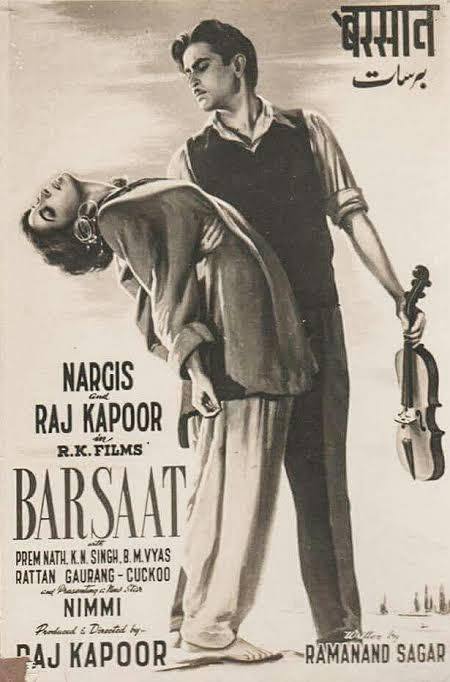
75 Years of #Barsaat (22/04/1949)
Barsaat is directed by #RajKapoor. The film stars the famous duo of Kapoor and #Nargis as well as #PremNath.
One of the posters showing the heroine dangling on the arm of the hero would go on to inspire the R K Studios' famous logo.
The film was the debut of music director Shankar Jaikishan and established their career. Lyrics by Ramesh Shastri, Hasrat Jaipuri, Shailendra, Jalal Malihabadi, and Akhilesh.
What are your favorite Barsaat songs?
#bollywoodirect#bollywood#Barsaat (1949)#Raj Kapoor#Prem Nath#Nargis#shankar jaikishan#ramesh shastri#hasrat jaipuri#shailendra#jalal malihabadi#akhilesh
20 notes
·
View notes
Photo

7:11 AM EDT November 1, 2024:
Shankar Jaikishan - "''Typewriter Tip, Tip, Tip'' From Merchant-IVory's Film ''Bombay Talkie''" From the Soundtrack album The Darjeeling Limited (September 25, 2007)
Last song scrobbled from iTunes at Last.fm
#Shankar Jaikishan#The Darjeeling Limited#''Typewriter Tip Tip Tip'' From Merchant-IVory's Film ''Bombay Talkie''
6 notes
·
View notes
Text
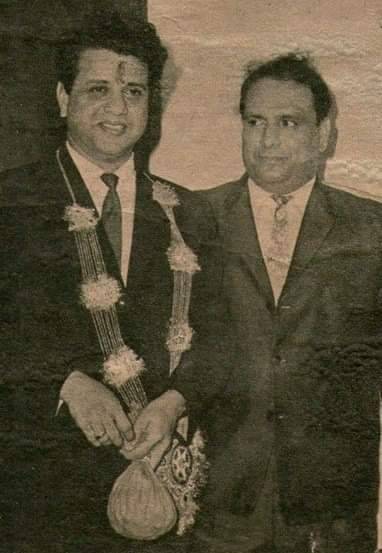
2 notes
·
View notes
Text
Awara Hoon - 73 years old Young creation
“Awaara Hoon….” is a legendary Bollywood song from the film ‘Awaara’, released in 1951. The song is composed by Shankar Jaikishan, with lyrics penned by Shailendra. It features the iconic actor Raj Kapoor, who also directed the film, and is sung by the legendary playback singer Mukesh. “Awaara Hoon” remains one of the most enduring and beloved songs in Indian cinema. Lyrically, “Awaara Hoon”…

View On WordPress
2 notes
·
View notes
Text
Joota Japani Lyrics - Kr$Na
#JootaJapani #Kr$Na #KrSNa #ShankarJaikishan #Mukesh #Shailendra

View On WordPress
0 notes
Video
youtube
Main Aag Hoon Ganga Aur Geeta 1979 Kishore Kumar Aarti Mukherjee
0 notes
Text
3 notes
·
View notes
Text
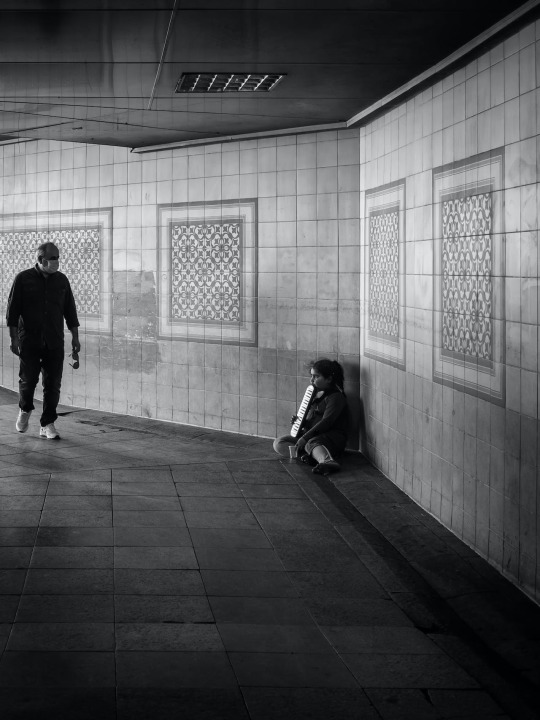
Step into a world of vintage charm with our meticulously curated old Hindi songs list, a compilation that pays homage to the unparalleled musical legacy of Indian cinema. Lose yourself in the mesmerizing melodies that once ruled the airwaves, crafted by legendary composers like S.D. Burman and Shankar-Jaikishan. From the hauntingly poetic lyrics of Sahir Ludhianvi to the infectious beats of R.D. Burman, each song is a timeless gem waiting to be rediscovered. Whether you're seeking solace in melancholy tunes or dancing to the rhythms of bygone days, our collection promises to evoke a myriad of emotions, transporting you to a simpler time.
2 notes
·
View notes
Text
THE 150 GREATEST (FORMAL & INFORMAL) PERSONALITIES IN THE KNOWN HISTORY/COLLECTIVE CONSCIOUSNESS OF INDIA !
(THE FREE-FOR-ALL LIST, NOT RESTRICTED TO PADMA AWARDEES OR STAMP HOLDERS, EVEN IF INCL A MAJORITY OF THEM )
Ie. THE 150 GREATEST PEOPLE IN INDIAN HISTORY !
Rajesh Khanna
C.V. Raman
Online Indie
Jayaprakash Narayan
J.R.D. Tata
Subhash Chandra Bose
Swami Vivekananda
Lal Bahadur Shastri
Srinivasa Ramanujam
Bhagwan Sri Sathya Sai Baba
Valmiki
Bhagwan Shri Shirdi Sai Baba
Ramakrishna Paramhansa
Bhagwan Shiva
Bhagwan Ganesha
Mata Parvati / Amma Karunamayi
Bhagwan Krishna
Bhagwan Ram
Bhagwan Mahavira
Maharana Pratap
Jagadish Chandra Bose
Major Dhyan Chand
Govind Ballabh Pant
Lala Lajpat Rai
Dhirubhai Ambani
Meena Kumari
Mother Teresa
Chhatrapati Shivaji
Bal Gangadhar Kher
Madan Mohan Malviya
Kishore Kumar
Dr. Sarvapalli Radhakrishnan
Dr. Bhagwan Das
Guru Nanak
Allama Mashriqi
Lokmanya Tilak
Tansen
Lord Hanuman
Vithalbhai Patel
Atal Behari Vajpayee
P.U.M. Thevar
Nandlal Bose
Rabindranath Tagore
Dr. Babasaheb Ambedkar
Prem Chand
Jesus Christ
Adi Shankaracharya
K. L. Saigal
N. T. Ramarao
Dr. Devi Prasad Shetty
B. R. Chopra
Viswanathan Anand
Sri Aurobindo
Rani Laxmibai
Chakravarti Rajagopalachari
Narendra Modi
Milkha Singh
Mirza Ghalib
Dr. K.S. Krishnan
Dr. Satyendra Nath Bose
Dr. Zakir Hussain
Dr. M. Visvesvaraiya
Satyajit Ray
Bankim Chandra Chatterjee
Ramana Maharishi
Radha (Ancient Krishna devotee)
Chandulal Madhavlal Trivedi
Mahatma Jyotirao Phule
Savitribai Phule
Lt. Col. Maharaj Kumar Namgyal
Shammi Kapoor
Indira Gandhi
Dev Anand
Jijabai
Sadhu Vaswani
Raja Ravi Varma
Saiyid Fazl Ali
Ashok Kumar
Dr. Madhav Shrihari Aney
Gopal Das Neeraj
Ajudhia Nath Khosla
Shashi Kapoor
Ustad Bade Ghulam Ali Khan
Dr. Arcot Lakshmanaswami Mudaliar
Bipin Chandra Pal
Dr. Jnan Chandra Ghosh
Paramhansa Yogananda
Thiruvallavur
Buddha
Maharishi Patanjali
Dr. Nambi Narayanan
Dr. Verghese Kurien
Dadasaheb Phalke
Arjun (of Gita)
Waheeda Rehman
Dr. P.V. Kane
Jigme Dorji Wangchuk
Veer Savarkar
Thakkar Bapa
Ahilyabai Holkar
Rash Behari Bose
Sane Guruji
Maharishi Mahesh Yogi
Swami Ranganathananda
Dr. Shanti Swarup Bhatnagar
M. S. Subbalakshmi
Dr. Satish Dhawan
Chaitanya Mahaprabhu
Surdas
A. Ramaswamy Mudaliar
Mohandas Karamchand Gandhi
Prafulla Chandra Roy
Kabir (pre-independence poet)
Zubin Mehta
Kalidasa
Suchitra Sen
Tyagaraja
M. G. Ramachandran
Dr. Prabha Atre (classical singer)
Kavi Pradeep
Pt. Kishan Maharaj (tabla)
R.K. Laxman
Mirabai
Tulsidas
Uttam Kumar
Dr. K. Kasturirangan
Ashfaqullah Khan
Dr. Dhondo Keshav Karve
Ram Prasad Bismil
Chandrashekhar Azad
Tenzing Norgay
N.R. Narayana Murthy
Kumaran Asan
Bhai Vir Singh
Dr. Shyama Prasad Mukherjee
Dr. John Matthai
Subramanya Bharati
Pt. Omkarnath Thakur
Emperor Indravarman (of Srivijaya Empire (7th c – 12th c))
Vaidyaraj Sushil Kumar Jain (Jaipur, present day)
Sant Tukaram
Emperor Lalitaditya Muktapida (of Karakota Empire(7th c–9thc))
Peshwa Balaji Vishwanath (Maratha Empire)
Emperor Akbar (Mughal Empire)
Laxmikant-Pyarelal
R.D. Burman
Shankar-Jaikishan
S. D. Burman
Manoj Kumar
Mohammad Rafi .




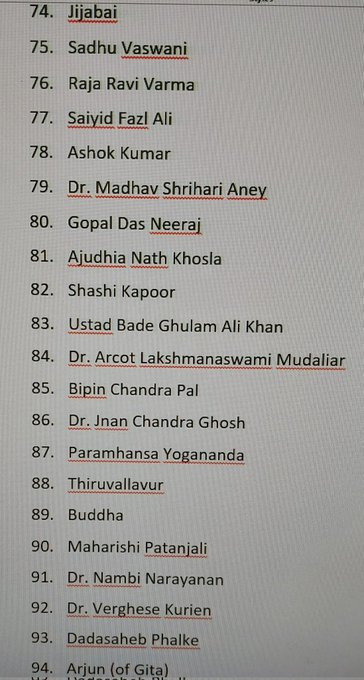
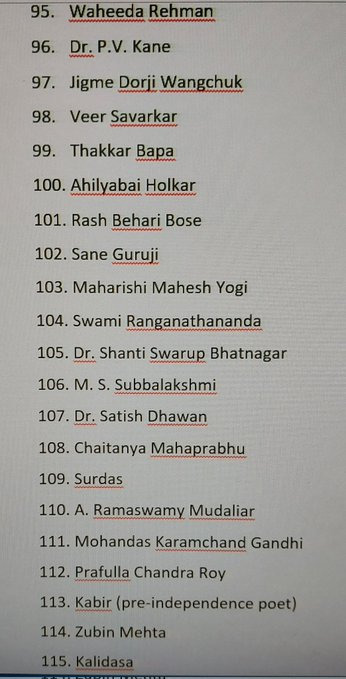



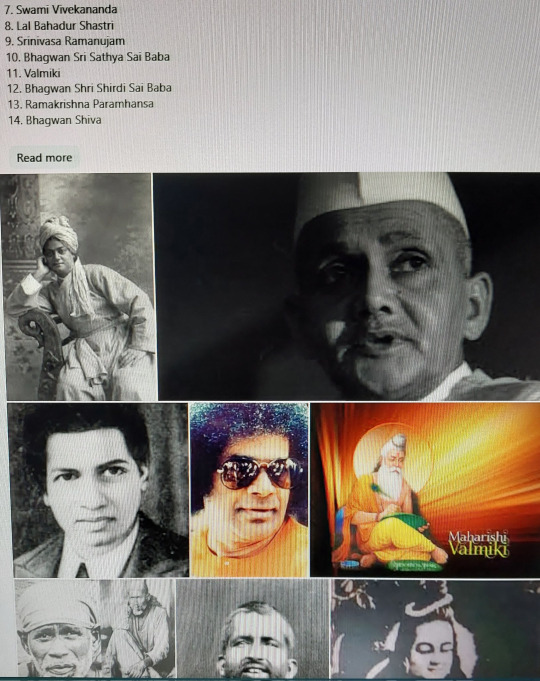
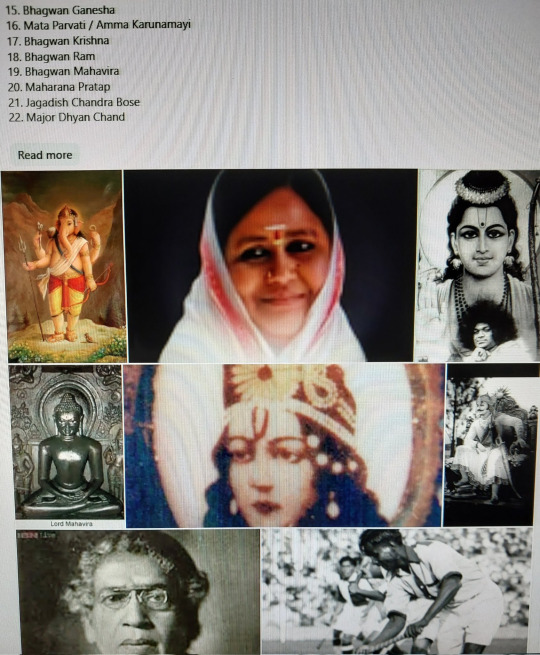



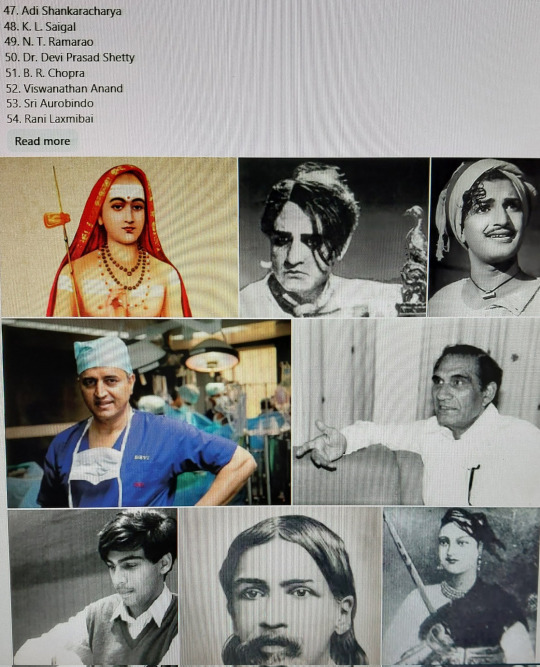




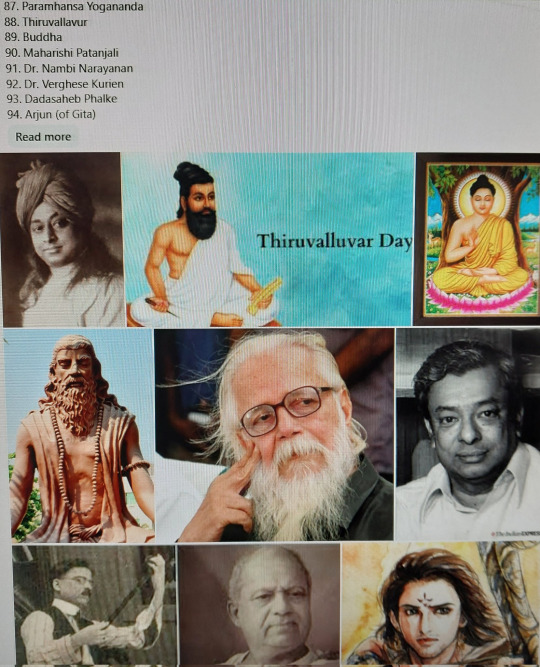
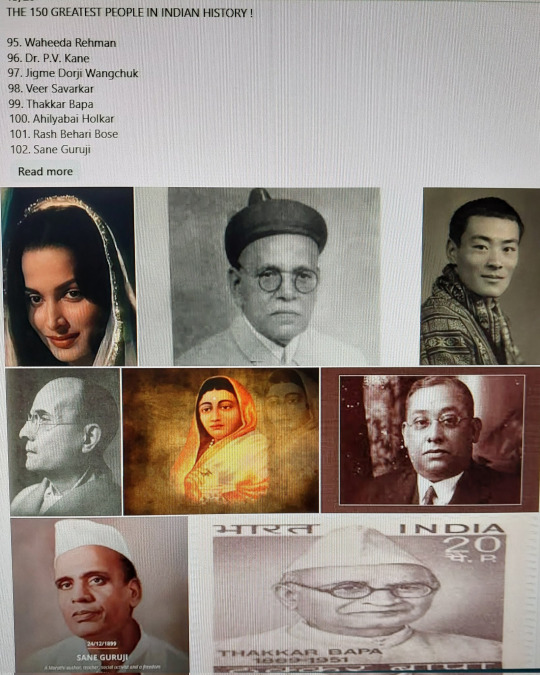


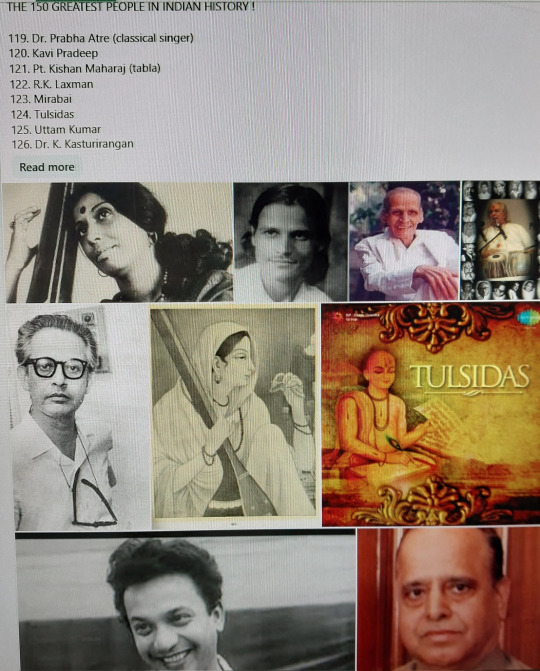
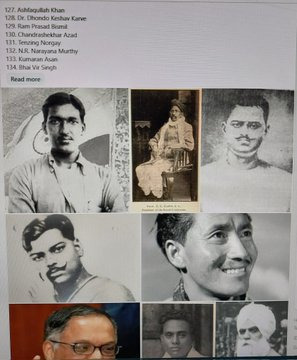
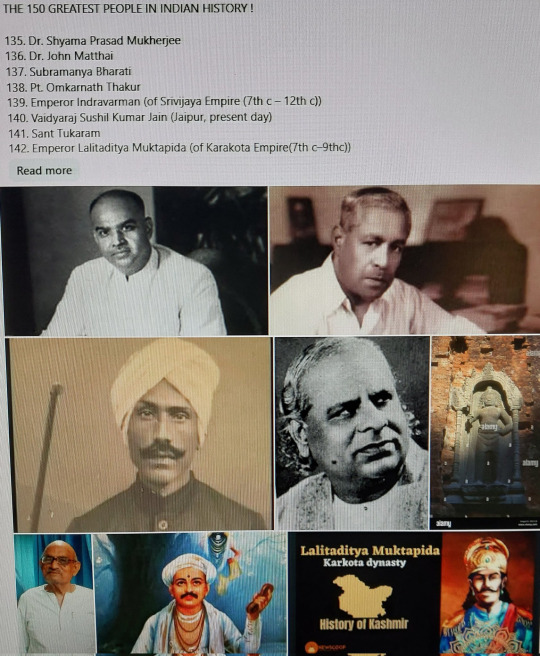

2 notes
·
View notes
Text
To be connected to yourself means to be attentive and attuned to what is going on inside of you, and to know who you are. At the macro level, this means understanding your own make-up, being aware of the various dimensions that make up your being. This song related to Inside fight when a person found in Situation which is againt Consensus ???
FILM QUOTES
Paise Ki Pahachaan Yahaan Lyrics (1970)
Song: Paise Ki Pehchaan Yahaan Film: Pehchan (1970) Singer: Mohammed Rafi Music Director: Shankar-Jaikishan Lyricist: Neeraj Featuring: Manoj Kumar
youtube
Philosophical Song Of Rafi: Paise Ki Pehchaan Yahaan..
पैसे की पहचान यहाँ, इंसान की कीमत कोई नहीं, बच के निकल जा इस बस्ती, में करता मोहब्बत कोई नहीं
Money Is The Identification Here, Humankinds Have No Value, Make Good Your Escape, In This Township, There’s No One Who Loves You… बीवी बहन माँ बेटी न कोई पैसे का सब रिश्ता है, आँख का आँसू खुन जिगर का मिटटी से भी सस्ता है, सब का तेरी जेब से नाता, तेरी ज़ुरूरत कोई नहीं, बच के निकल जा इस बस्ती.. No One Is A Wife, Sister, Mother, Daughter, Money Is All There Is For Relationship, The Tear From The Eye, Or The Heart’s Blood, Is Cheaper Than Dirt, All Of ‘em Are Related To Your Pocket, No One Needs You, Make Good Your Escape…. शोख गुनाहो की ये मंडी, मीठा ज़हर जवानी है, कहते है ईमान जिसे वो कुछ नोटों की कहानी है, भूख है मज़हब इस दुनिया का और हक़ीक़त कोई नहीं, बच के निकल जा इस बस्ती में... It Is A Bazaar Of Brazen Sin, Youth Is Sweet Poison, What They Call As “belief”, It Is The Yarn Of Some Cash, The Religion Of This World Is Hunger, There’s No Other Reality, Make Good Your Escape…
ज़िन्दगी क्या है चीज़ यहाँ मत पुछ आँख भर आती है, रात में कराती ब्याह काली वो बेवा सुबह हो जाती है, औरत बन कर इस कुचे में रहती औरत कोई नहीं, बच के निकल जा इस बस्ती.. What’s This Thing Called Life?, Don’t Ask, For Tears Well Up The Eyes!, That Budding Flower Marries At Night, A Widow She Becomes At Morning Light!, In This Lane, A Woman, No Longer Remains A (Chaste) Woman!.. Make Good Your Escape

2K notes
·
View notes
Text

“Aaja sanam madhur
Chandni mein
Hum tum mile toh
Veerane mein bhi
Aa jayegi bahaar
Jhoomne lagega aasman
Jhoomne lagega aasman
Kehta hai dil aur machalta hai dil
More saajan le chal mujhe taaron ke paar
Lagta nahin hai dil yahan”
From Chori Chori (1956) song by #HasratJaipuri, #MannaDey, #LataMangeshkar, #ShankarJaikishan
#Nargis #RajKapoor
#bollywoodirect#bollywood#chori chori (1956)#raj kapoor#nargis#hasrat jaipuri#manna dey#lata mangeshkar#shankar jaikishan
14 notes
·
View notes
Photo

9:26 PM EST December 14, 2024:
Shankar Jaikishan - "''Typewriter Tip, Tip, Tip'' From Merchant-IVory's Film ''Bombay Talkie''" From the Soundtrack album The Darjeeling Limited (September 25, 2007)
Last song scrobbled from iTunes at Last.fm
#Shankar Jaikishan#The Darjeeling Limited#''Typewriter Tip Tip Tip'' From Merchant-IVory's Film ''Bombay Talkie''
2 notes
·
View notes
Text
The Timeless Charm of Mohammed Rafi’s Music
The Indian music industry has seen numerous legendary voices over the years, but very few have left an indelible mark like Mohammed Rafi. His unparalleled versatility and soul-stirring renditions made him one of the most celebrated playback singers in the history of Indian cinema. With a career spanning over three decades, Rafi became the voice of emotions, seamlessly adapting to various musical genres and styles. His songs continue to be cherished by people of all generations, making him a timeless icon whose melodies remain fresh even in the contemporary music landscape.
Early Life and Musical Journey
Born in 1924 in Punjab, Mohammed Rafi's journey into the world of music was anything but ordinary. His passion for singing was evident from a young age, and his dedication to the craft soon caught the attention of music directors in the film industry. He made his playback singing debut in the 1940s, during a time when Bollywood music was undergoing a major transformation. With a naturally gifted voice that could convey deep emotions, Rafi quickly became a favorite among music composers and filmmakers. His ability to modulate his voice to suit different actors and film situations set him apart, making him one of the most sought-after singers of his time.
A Voice That Knew No Boundaries
What made Mohammed Rafi truly exceptional was his ability to excel in any genre of music. Whether it was a soulful ghazal, a high-energy qawwali, a romantic ballad, or a devotional bhajan, he infused each song with a distinct charm. His iconic song “O Duniya Ke Rakhwale” from Baiju Bawra showcased his powerful vocal strength, while “Chaudhvin Ka Chand” from the film of the same name revealed his ability to bring out the soft and soothing aspects of his voice. His songs were not just tunes but expressions of deep emotion, capable of moving listeners to tears or filling them with joy.
Unforgettable Collaborations
Rafi’s success was largely attributed to his collaborations with some of the finest composers in Bollywood. His partnership with Naushad resulted in some of the most melodious songs in Indian cinema. Together, they created masterpieces that are still considered the gold standard of film music. His work with S.D. Burman led to hits like “Tere Mere Sapne” and “Khoya Khoya Chand,” while his association with R.D. Burman produced some of the most energetic and groovy numbers of the 1970s. Additionally, Shankar-Jaikishan, Laxmikant-Pyarelal, and Madan Mohan all recognized Rafi’s extraordinary vocal range and composed music that brought out the best in him. These collaborations ensured that his voice reached every corner of the country, making him a household name.
Rafi’s Influence on Bollywood Stars
One of Mohammed Rafi’s greatest strengths was his ability to adapt his singing style to match the on-screen persona of various actors. He became the voice of some of Bollywood’s biggest stars, including Rajendra Kumar, Shammi Kapoor, Dev Anand, and Dharmendra. His ability to bring out the playful energy of Shammi Kapoor in songs like “Yahoo! Chahe Koi Mujhe Junglee Kahe” and the deep romantic essence of Dev Anand in “Dil Ka Bhanwar Kare Pukar” speaks volumes about his versatility. His voice had an innate ability to elevate an actor’s performance, making songs an essential part of the cinematic experience.
Enduring Popularity and Legacy
Even though Mohammed Rafi passed away in 1980, his music continues to thrive. His songs are still played on radio stations, at weddings, and during festive celebrations. With the advent of digital platforms, younger generations have also discovered the magic of his voice. Covers and remixes of his classics continue to be produced, but his original renditions remain unmatched in their purity and depth. Many contemporary playback singers consider him their idol and attempt to emulate his style, though few can capture the essence of what made him truly special.
The impact of Rafi’s music extends beyond India. His songs have a global following, with fans in countries like Pakistan, Bangladesh, the UK, and the US. His voice transcended linguistic and geographical boundaries, proving that true artistry knows no limits.
Why Mohammed Rafi’s Songs Stand the Test of Time
What makes Rafi’s music timeless is its emotional depth and technical brilliance. Unlike fleeting trends that dominate the industry for short periods, his songs have a classic appeal that never fades. His ability to bring out human emotions through his singing ensures that his music remains relevant, regardless of changing tastes and advancements in recording technology. His melodies have a way of transporting listeners back in time, evoking memories and emotions that remain fresh despite the passing years.
Another reason for his enduring popularity is the sheer variety in his discography. His songs cater to every mood and occasion, making them a staple in Indian households. Whether it’s a romantic evening, a devotional gathering, or a celebration, there’s always a Mohammed Rafi song that fits perfectly.
Conclusion
The golden era of Bollywood music would be incomplete without Mohammed Rafi. His contribution to the industry is unparalleled, and his songs continue to be cherished by music lovers across generations. With a voice that could convey joy, sorrow, romance, and devotion with equal brilliance, he remains one of the most iconic figures in Indian music history. His melodies have stood the test of time, ensuring that his name and music will be celebrated for years to come. The legend of Mohammed Rafi lives on, proving that true talent never fades.
Related Articles:
For further reading, explore these related articles:
Celebrating Narendra Chanchal – The Voice of Devotion and Faith
Shankar: A Developing Talent in the Indian Music Scene
Ajey Nagar (CarryMinati): The Indian Hip-Hop Sensation You Need to Know About
Jacqueline Fernandez: A Journey to the Spotlight in Bollywood and Beyond
For additional resources on music marketing and distribution, visit DMT Records Private Limited.
0 notes
Text
Remembering Dattaram (Wadkar) on his birth anniversary
Dattaram WadkarAlso credited as: Dattaram – Music DirectorBorn: 8 October 1929Death: Jun 08, 2007Dattaram Wadkar was a prominent music director in Hindi films, credited with many hits. He was born and grew up in Goa and moved to Bombay in 1942. After moving to Bombay, he started taking tabla lessons from his first guru Pandit Pandharinath Nageshkar and later on from Pandit Yashvant Kelkar. In…
#Dattaram#Dattaram Wadekar#music director#percussion#percussionist#Shankar jaikishan#shankerjaikishan. Shankar Jaikishen
0 notes
Text
Mukesh: The Eternal Voice That Shaped Indian Music
The golden era of Indian music is defined by unforgettable voices that have left a lasting legacy, and among them, Mukesh stands as a towering figure. His deep, soulful renditions captivated millions and continue to evoke powerful emotions even decades after his passing. With a career spanning several decades, Mukesh was not just a singer but an icon who brought life to lyrics with his unparalleled voice. As Indian cinema evolved, so did its music, and Mukesh played a pivotal role in defining this transformation. Alongside other stalwarts like Anurag Kulkarni, Amrinder Gill, Rajinikanth, and Priyanka Chopra, Mukesh has a timeless relevance in India's cultural and musical heritage.
Mukesh’s Impact on Indian Music
Mukesh, often referred to as the "Voice of the Common Man," resonated with audiences from all walks of life. His songs, deeply rooted in emotion and simplicity, transcended boundaries. Classics such as "Dil Jalta Hai Toh Jalne Do" and "Jeena Yahan Marna Yahan" are etched in the hearts of listeners, evoking a blend of nostalgia and admiration. Mukesh’s ability to convey raw emotion through his voice set him apart from his contemporaries. Songs like these were more than just melodies—they were heartfelt expressions of love, despair, and hope.
His association with composers like Shankar-Jaikishan, Kalyanji-Anandji, and Laxmikant-Pyarelal produced some of the most iconic soundtracks in Indian cinema. Mukesh’s voice brought a unique depth to the characters he sang for, especially in films starring Raj Kapoor, for whom he became the playback voice of choice. His renditions in classics such as "Awara" and "Shree 420" remain benchmarks in the history of Bollywood music.
Mukesh’s influence can still be seen today, as modern singers like Anurag Kulkarni draw inspiration from his ability to balance technical perfection with raw emotion. Though separated by decades, the influence of Mukesh’s music remains deeply rooted in the foundation of Indian musical traditions.
A Connection to Modern Icons
Mukesh’s timeless appeal connects him to contemporary icons in Indian music and cinema. For instance, Amrinder Gill, a Punjabi music sensation, mirrors Mukesh’s focus on emotional storytelling in his songs. Gill’s tracks, known for their evocative lyrics and heartfelt delivery, embody a similar authenticity that Mukesh was renowned for.
Likewise, Mukesh’s contributions resonate even with superstars like Rajinikanth, whose larger-than-life presence is amplified by the music accompanying his films. While Rajinikanth himself isn’t a singer, his films often feature songs that leave a lasting impression, echoing Mukesh’s role in shaping the narratives of classic Bollywood cinema.
Mukesh’s legacy is also comparable to the multifaceted career of Priyanka Chopra, who has seamlessly transitioned between acting and music. While their artistic mediums differ, both share a commitment to pushing boundaries and creating work that transcends cultural and geographical limitations.
Mukesh’s Timeless Legacy
Mukesh’s enduring appeal lies in the universal emotions his music evokes. His ability to connect with audiences through his soulful renditions of themes like love, heartbreak, and hope has ensured that his music remains relevant. Even today, songs like "Kabhi Kabhi Mere Dil Mein" and "Suhana Safar Aur Yeh Mausam Haseen" are cherished for their lyrical beauty and emotional depth.
Mukesh also set the stage for future generations of musicians. His straightforward approach to singing, characterized by an emphasis on natural expression over vocal gymnastics, has inspired countless artists. The likes of Anurag Kulkarni and Amrinder Gill embody the principles Mukesh stood for, ensuring that his influence remains undiminished.
Mukesh in the Digital Era
The advent of streaming platforms has introduced Mukesh’s work to new generations of listeners worldwide. His songs are frequently featured in curated playlists celebrating classic Bollywood, standing alongside contemporary hits by artists like Anurag Kulkarni and Amrinder Gill. This digital revival ensures that Mukesh’s voice continues to inspire and enchant music lovers across the globe.
Conclusion
Mukesh’s contribution to Indian music remains unparalleled. His ability to evoke profound emotions through simple, heartfelt melodies has made him a legend whose influence transcends generations. From inspiring contemporary icons like Anurag Kulkarni and Amrinder Gill to connecting with global talents like Priyanka Chopra, Mukesh’s legacy is an enduring testament to the power of music.
0 notes